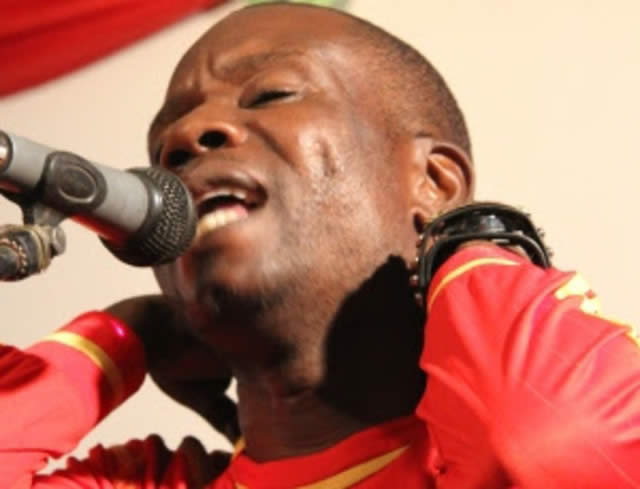MDGs post 2015: Universal coverage versus targeted approach
Paidamoyo Chipunza Living life to the max
Background to the MDGs
In September 2000 world leaders agreed to adopt the UN Millennium Declaration which set in motion a new commitment to respond to the problems bedeviling their nations.
This declaration was informed by the outcomes of a series of global conferences and summits which were held during the 1990s. These included:
1995 Fourth World Conference on Women
1994 International Conference on Population and Development
1992 United Nations Conference on Environment and Development
The Millennium Development Goals evolved from the Millennium Declaration. There are eight international development goals that UN member states agreed to achieve by the year 2015.
Current situation on MDGs
Zimbabwe has embarked on a number of initiatives to capture the voices of the people in shaping the post-2015 development agenda. In April, an MDG dialogue was convened and the post 2015 development agenda was among issues deliberate on.
Government in partnership with its development partners has also been producing progress reports meant to take stock of its efforts in achieving the set goals and targets.
According to the latest progress report, Zimbabwe is likely to meet four out of 21 targets and only three out of eight goals.
The country has made significant progress in achieving universal primary education (MDG 2), gender equality and women empowerment (MDG 3) and combating HIV, malaria and other diseases (MDG 6).
It still has a long way to go in improving maternal health (MDG 5), global partnerships or development (MDG 8), reducing child mortality (MDG 4), promoting environmental sustainability (MDG 7) and eradicating extreme poverty and hunger (MDG 1).
Post 2015
While major consultations are underway both at national and international level on what happens following the lapse of the MDGs next year, civil society in Zimbabwe has called for scrapping of targeted approaches in health delivery system.
Through the Community Working Group on Health (CWGH) — the mother body for community and civic based organisations working in the health sector — these pressure groups are advocating for the right to quality health services for everyone.
Speaking during CWGH’s annual conference in Harare recently, the organisation’s executive director Mr Itai Rusike said Zimbabwe should learn from Cuba where everyone has universal access to quality health services.
He said this is despite the fact that Cuba is not a very rich country in comparison with Zimbabwe yet its population has access to healthcare services.
“Every Zimbabwean should have access to quality health services and we are also happy that our new constitution recognises the right to health. This is why now we are saying we want universal health coverage. We should do away with the targeted approach,” he said.
Mr Rusike said for this reason CWGH’s theme for this year’s annual conference on universal health coverage and post 2015 is befitting to discourage the use of targeted approach in the health delivery system. Mr Rusike also said policy makers should strongly consult communities before crafting new goals and targets so that their initiatives are supported by the same communities.
He said most of the Millennium Development Goals were not met because there was no community engagement.
He said the MDGs, which will be expiring next year worldwide did not get much support because very few people were aware of them.
“If communities are not aware of a process then it becomes very difficult for them to support that process and to own that process. So this is the situation we found ourselves with the MDGs,” he said.
Mr Rusike said post 2015, both Government and the international community should get inputs from all stakeholders including community groups an civil society so that there is ownership and support.
“Right from the beginning we need input from stakeholders, we need their participation and we also need their involvement and ownership of those new goals,” he said.
The CWGH is a network of civic and community based organisations aiming at enhancing community participation in the health delivery system.
Why MDGS failed
While civil society believes the MDGs failed because of non-involvement of communities, others feel the targets were unrealistic for resource-constrained countries.
Other goals were also too broad for implementation, for instance MDG 1, which spoke of eradication of extreme poverty and hunger.
The ball is now in the leaders’ court to continue with the targeted approach or to advocate for universal coverage learning from current experiences. But despite all these shortcomings, MDGs helped in raising global consciousness about different dimensions of poverty.





Comments